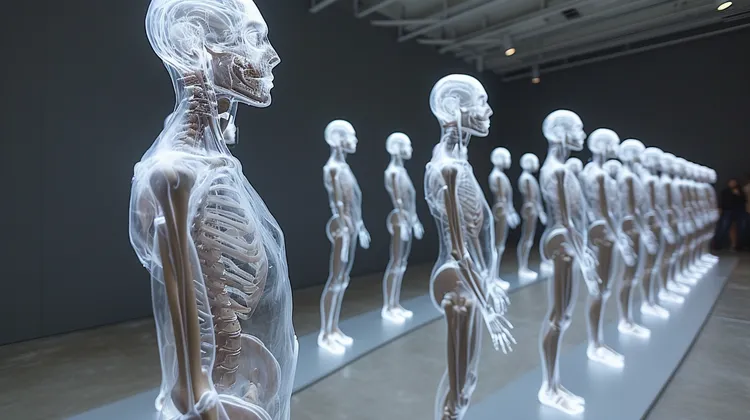
Advancing AI: Huawei Researchers Explore Human-Level Agents with ‘Bodied’ Systems
A group of researchers from Huawei’s Noah’s Ark Lab in Paris has released a pre-print study detailing a potential framework for “embodied artificial intelligence” (E-AI), which they claim will be the next significant step towards achieving artificial general intelligence (AGI). AGI refers to an AI system that can perform any task with the appropriate resources. Although there is no consensus on the qualifications of a general intelligence AI system, companies like OpenAI were established with the sole purpose of developing this technology.
Previously, experts believed that increasing the scale of language models, such as OpenAI’s ChatGPT and Google’s Gemini, would eventually lead to AGI. The Huawei researchers argue that large language models lack real-world understanding since they do not exist in the real world. They propose that true understanding can only be achieved through E-AI agents that live in and interact with the world.
To enable AI agents to interact with the real world, the researchers suggest that models need to be embodied, possessing perception, action, memory, and learning capabilities. Perception involves giving AI systems the ability to obtain real-time raw data from the real world and process it into a latent learning space. They argue that AI must “see” and “hear” on its own to understand the real world enough to act as a general intelligence.
In addition to perception, agents must be able to take actions and observe the outcomes. Current AI models are pre-trained, like students receiving a test and its answers simultaneously. By allowing AI to act independently and perceive the consequences of its actions as new memories, the researchers believe that agents can learn about the world through trial and error, similar to living creatures.
The researchers present a theoretical framework where a large language model (LLM) or foundational AI model can be embodied to achieve these goals in the future. They acknowledge multiple challenges in realizing this framework. One significant challenge is that current powerful LLMs reside on vast cloud networks, making embodiment a complex task with the current technology available.
6 thoughts on “Advancing AI: Huawei Researchers Explore Human-Level Agents with ‘Bodied’ Systems”
Leave a Reply
You must be logged in to post a comment.
Huawei is grasping at straws with this concept.
This study sounds fascinating! It’s exciting to see researchers exploring the potential of embodied artificial intelligence. 🌟 AGI is such an intriguing concept, and this framework seems like a promising step towards achieving it. 🤖💡
It’s unrealistic to expect that AI can truly understand the real world. 🌍
I highly doubt that embodied AI is the key to AGI.
Another unrealistic proposal in the world of AI.
This study is just a waste of time and resources.